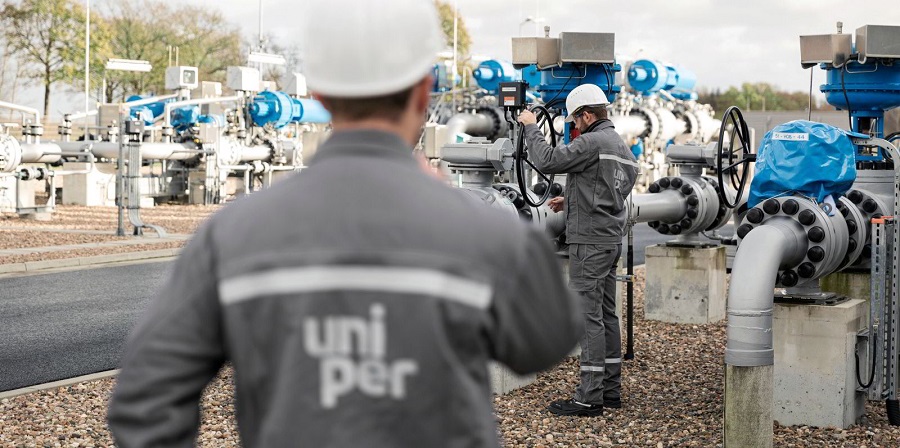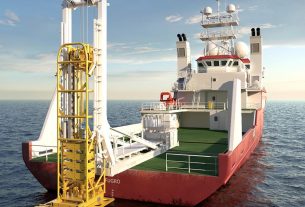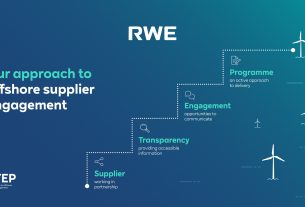Germany – Uniper works together with shipping service provider Liberty Pier Maritime Projects and engineering firm SDC to establish green methanol as a sustainable marine fuel. As a hydrogen carrier, green methanol is easier to transport and store than green hydrogen.
Uniper, Liberty Pier Maritime Projects and SDC Ship Design & Consult have joined forces to form an open collaboration — the Green Methanol Cooperation (GMC). The GMC will develop the infrastructure and logistics framework needed to supply methanol in Europe and establish the relevant shipping requirements. A medium-term goal of the GMC is to build ships that can burn green methanol in their engines. The project will initially focus on European coastal shipping using ships with a load capacity of 5300 and 8300 tons and container feeders.
70 percent CO2-reduction
As for many other sectors, the challenges of climate change are becoming increasingly important for the maritime industry. According to a 2017 report by the ICCT, global CO2 emissions from shipping amounted to about 932 million tons in 2015. As a result, international and national regulators are setting new and ambitious standards and limits for allowable emissions from shipping. For example, the IMO has set a reduction target of 70% by 2050 compared to 2008.
On the other hand, the maritime industry and energy companies are also pursuing sustainable marine fuels of their own accord. On this basis, green methanol is seen as a sensible solution for decarbonization. Both for European coastal shipping and international deep sea shipping. It can also be used for specialist applications, such as cruise ships and inland navigation.
Methanol
Methanol burns clean, is liquid at ambient temperatures and pressures and is also biodegradable. Green methanol is carbon-neutral overall, as it is produced using hydrogen from renewable sources and CO2 from the atmosphere via a biological feedstock or direct air capture.




